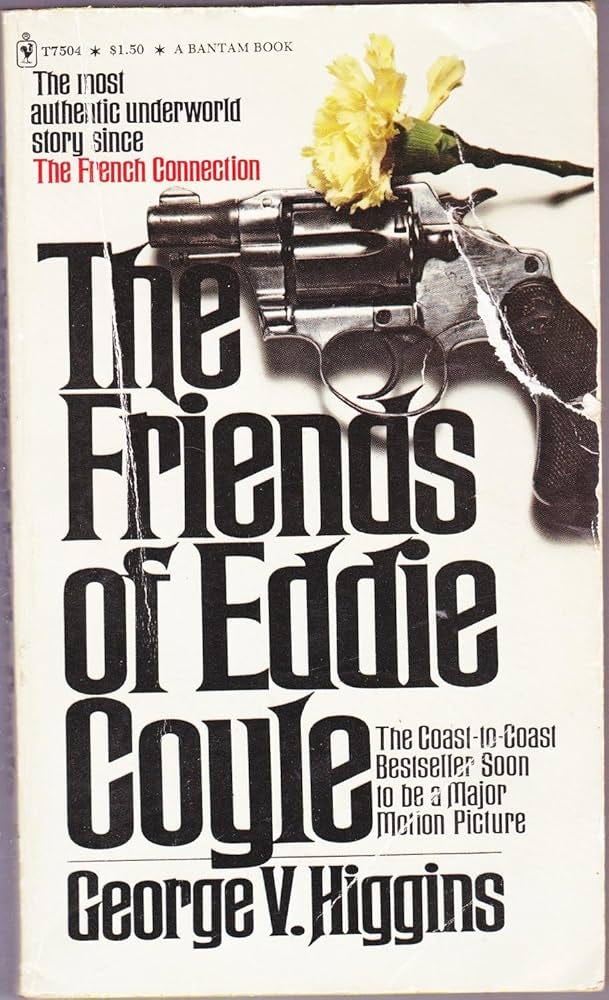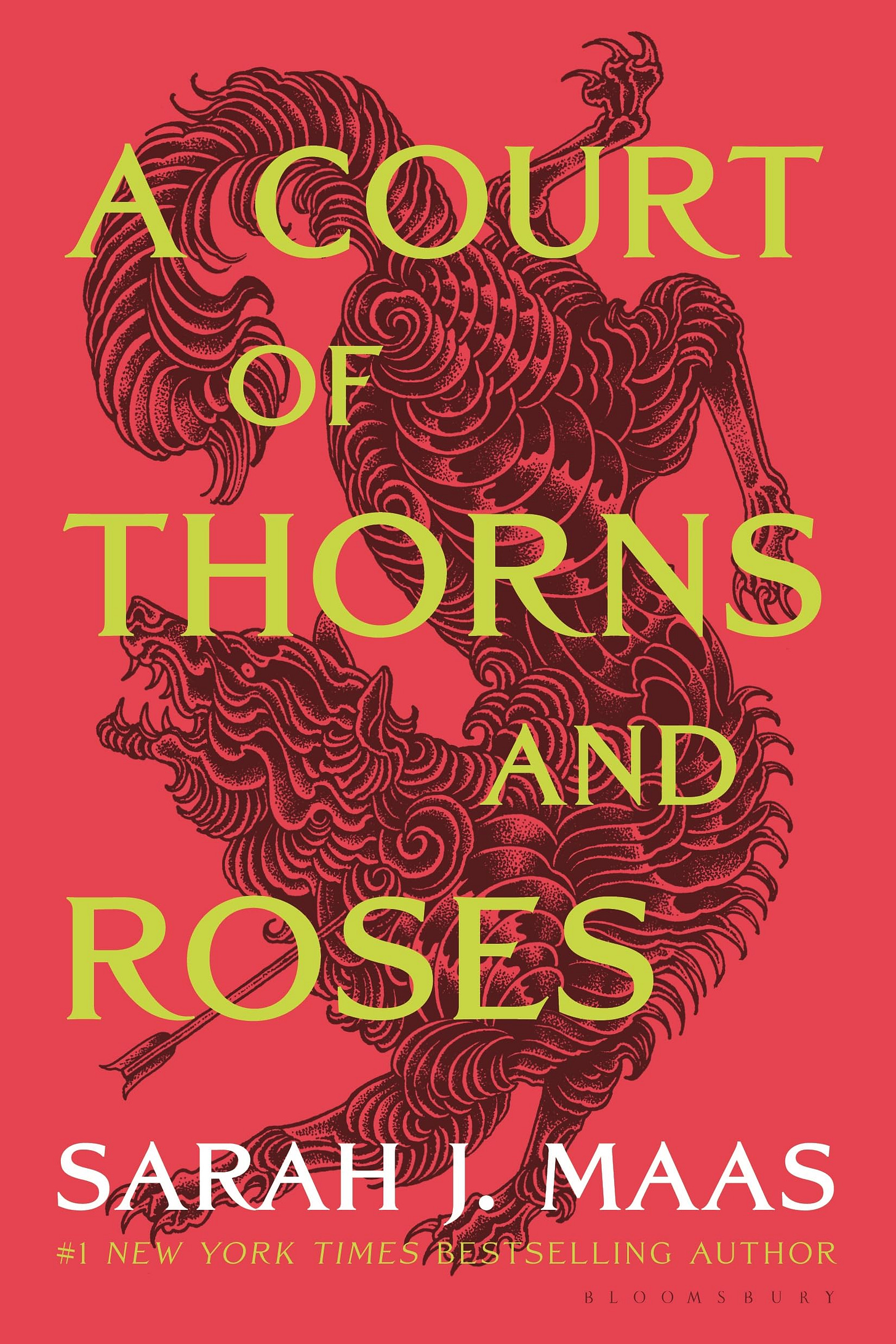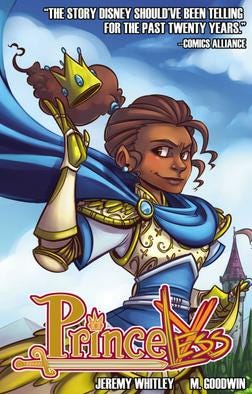Is There a Male Reading Crisis?
And does the problem need to be more complicated before it can be solved?
It seems like we’re spending a lot of time lately debating whether men are in various crises.
Loneliness, sure, not great, maybe a bigger problem for men? Masculinity crisis? Hard for me to weigh in on, I write a library newsletter, I don’t think anyone takes my views on masculinity super seriously. Which they shouldn’t.
These spiraling crises sent me down a bit of a rabbit hole related to the Men’s Reading Crisis…I watched youtube videos of varying quality and that made some different points.
And, readers, I was in SUCH crisis over this crisis that I actually read the COMMENTS on some of these videos, and that’s where I found some things to talk about.
Commented Problem 1: Men Aren’t As Flexible in Their Reading
I would like to add that men don't read a lot of books with female leads, even in books that aren't romance. While a lot of women will still read books with male leads (Dune, Red Rising, etc etc.)... I don't really know why but it would be interesting to look into it. Sadly, I feel men are isolating themselves, it's not just the fault of publishing or the rise of romance appealing mostly to women.
It's also a problem that men will only read works from male authors, but women will read books from men and women.
Women traditionally reading more would mean that, sure, they’re probably reading more widely as well as in more quantity. As an other-side example, it’d be a little bit like saying, “Men tend to play a wider variety of sports, whereas women play a narrower set, so the reason women don’t get as much opportunity in sports is because they select a narrower field.”
“Field”? Sports pun? Kinda? 35%?
In a realm where a gender is dominant, it’s probably not fair to blame the non-dominant genders for not trying harder.
I also think this is an argument that, in most other contexts, is not really acceptable.
I’m not here to do a “When it’s against men, it’s progress, when it’s against others, it’s sexist,” but…
When we shift over to media that men are more participatory in, like movies, I don’t think most of us vibe with the argument that making movies with women at the helm is a bad idea.
And by “us” I mean “viewers,” not studios.
Isn’t it pretty easy to say, “Maybe women WOULD go to more action movies if there were more female leads, female directors who found a foothold in that genre, and female writers who could write a woman-centric action movie that’s actually good. Not, like, you know…”
By the way, I watched this movie. Does it have a female lead? Yes. Does this female lead come up with an asinine plan to let her ex-husband S.A. her in order to use his body as a human shield and somehow survive a bomb blast? Also yes.
Other notes: Dan Haggerty is in this movie for about 4 total minutes, I’m not 100% sure this cover model lady is even in the movie, there really isn’t much of a mind seduction element other than a woman who is topless while her boss spouts on about how there’s a secret government conspiracy that all politicians take breast milk in their coffee, and there is nothing I would describe as a “mind trap” whatsoever.
Putting a “one day only” sticker on this rental was probably fine, I cannot possibly imagine anyone watching this twice unless they thought surely they must’ve fallen asleep and missed key plot points that make this make sense, so they popped it in a second time only to discover that the closer you look at this, the more it unravels.
Ahem.
I think these comments do illustrate an important aspect of this and a belief that I think a lot of people carry: If men would change in this fundamental way, if they’d be more flexible, they’d read more.
But, see, that’s…dumb. Because what we’re talking about here is not really getting men to read, it’s about men changing who they are. Instead of changing SOME of what’s published, we want to try and change ALL of men? Instead of changing a portion of literature, we should change the entirety of the subconscious of about 50% of living humans?
In other words, this line of thinking kind of presumes that it would be easier, simpler, and overall better to change a gender’s tastes than it would be to make more things that conform to that gender’s (harmless, non-destructive) taste.
Which, I will grant you, maybe it’s possible that if men all changed in this way, the world would be a better place. I can’t say for sure. But what I can say for sure is that if I’m presented with a couple options, change an entire gender’s taste or maybe publish some bullshit with a shirtless ripped dude on the cover, but instead of a clinch with a woman in a dress that I cannot appreciate, he’s clutching a machine gun — I know which option is pretty easy to accomplish given the resources and methods we have at hand right now, today.
Maybe I think that, overall, arguing that one group or another should have different taste complicates the argument about getting men into reading when all it really takes is doing a little more publication of books that men tend to enjoy.
And it turns a straightforward argument with a simple answer into a complicated argument with no right answer.
I can agree without reservation that men should read more. I cannot agree completely and wholeheartedly that attempting to change a gender’s qualities is a net “win” for society, the people who identify as that gender, or anyone else. It might be, I just don’t know.
Commented Problem 2: What Is a “Male” Book?
I hate these kind of “gotcha” questions that sort of attempt to force someone to define traditional masculinity because then the fight becomes about what is and isn’t masculine or that one lady you knew who read a lot of Jack Reacher novels or whatever.
Can we stop pretending that men’s fiction and women’s fiction are not real categories, not real book types that exist and are marketed in a gendered way just as hard as Barbies and GI Joes?
Look, it’s very fucking simple:
This is a male type story
This is a male type story:
This is a male type story:
This is a male type story:
This is a female type story:
This is a female type story:
This is a female type story:
It’s not about a story having specific elements, specific characters, specific levels of quality, or even authors of specific genders, it’s wholly defined by A) Who publishers market materials towards, and B) Who is picking it up and reading it.
We don’t HAVE to create a definition for what puts something as a male or female type of story. We just have to see whether the economically-driven publishing world is defining it as such, and then we see who picks it up.
Yes, by all means, let’s tear down those gendered walls, let’s remove those gender stereotypes. I’m all for it.
But I don’t think the way we do that is by pretending that preferences don’t exist and that some books, movies, music, and TV don’t appeal to one group more than another.
I just saw Metallica this weekend. The male/female ratio was pretty tipped. I bet you can guess to which side.
I don’t think there’s anything inherently male about metal, there are plenty of very cool metal bands with women, helmed by women, etc. But the culture of it has been pretty male for a long time, and while it IS changing, for sure, it’s slow. And while I think it’ll become more equal over time, I don’t know that we’ll see a day where a Slayer show is a 50/50, male/female situation.
I don’t think the answer here is to say that these materials aren’t inherently gendered. Because even though that’s often true, just saying it isn’t going to get a man to pick up a book.
Again, it’s a line of thinking that complicates what I see as an uncomplicated problem: We don’t need to define and determine gender lines in order to publish, promote, and praise more books that typical men would typically enjoy.
I Like Action
Let me simplify this further by talking about some of the things I like about male-centric entertainment.
For a very, very long time, a female protagonist signaled a certain type of story. a “female interest” story. Which meant there would probably be very few car chases or explosions or people getting slaughtered at a cabin or chainsaw hands.
For a very long time, there wasn’t a shitload of options if you wanted to read something action-y and didn’t particularly care about the MC’s gender.
Publishing did this. Publishing created these narrow lanes. Because it’s where they saw profits.
Hollywood didn’t want to make a female-helmed action movie for the same reason: they didn’t think it would make any money. Then Wonder Woman makes $800 million dollars and everyone had to (or should have had to) rethink that logic.
I’m going to say something that’s probably not a super bold statement: I think men went to see Wonder Woman because it was a movie in which a superhero does superhero stuff. She does cool stuff, stuff that’s fun to watch.
I’m going to pose that if the goal is to bring men into books and reading, and if you want to do that through female characters, you probably need to make female characters do stuff men want to read about.
And it doesn’t have to be punching and drinking beer and playing football, the characters don’t have to do all the things men stereotypically do, they don’t have to think, act, and talk like men, they just need to do…well, SOMETHING.
I Don’t Want To Talk About The Things, Let’s DO The Things
This is Princeless, a comic where princesses decide to just go ahead and rescue themselves.
Great! Fun concept.
But it’s hampered by one major problem (for me, personally): We spend a lot time talking about how girls can do action stuff and rescue themselves, and we don’t spend quite enough time DOING THAT STUFF.
I’m a male reader who is happy to read about girls and women doing action-y things, superhero bullshit, all that stuff. And that’s because I want to read about those action-y things. Not so much because I want to read about the larger cultural meaning of those things.
And, to an extent, I get it. Because women have been excluded from this stuff for a long time, it feels necessary to point out that women CAN, in fact, do this stuff.
But…if I pick up a book like Princeless, which I did, wouldn’t it be reasonable to assume that I buy into the premise and want to see that premise play out as opposed to seeing that premise discussed?
I mean, I’m going to be a total dick about this: While this is a feminist discussion, IT’S ALSO WOMEN SHOPPING FOR CLOTHES.
I prefer a book where a woman character is just dressed in cool armor and stabbing shit to a book where there’s a discussion of sexism in women’s armor (which isn’t even a real thing, by the way, it’s a comic book thing, people weren’t making armor for the ladies. Which, come to think of it, shouldn’t we have known that? When you see medieval women, aren’t they covered head-to-toe? I don’t recall seeing many bikinis, let alone chainmail bikinis).
If you want to write a book about how women’s armor in comics is dumb, and/or if you want to make that point in a fun way, absolutely, go off. It’s not for me, though.
I’m fine reading something about feminism from time to time, but when I pick up a fantasy adventure with girls fighting dragons or whatever, I want to see girls fight dragons or whatever, and I’m not so interested in an explanation of why women can fight dragons just as good as men (I mean, they couldn’t be any worse than Matthew McCaugauahghuiaghghhenehy in Reign of Fire):
Give me female leads. But, once in a while, give me female leads doing what male leads do and discussing it about the same amount (none).
I Like Jokes
If a main character was a woman and was relatively strong and ended up crawling a dungeon barefooted and in heart boxers, and that barefootedness represented a fetish on the part of the dungeon itself…
Well, it comes off differently if the main character is a woman.
But I ask you: Does it have to?
If a fictional man can be fetishized as a joke (which Carl can, it works), and if it’s funny and not sexy that he’s stuck in his goddamn boxer shorts (it is), then I, for one, don’t see why this can’t work with a female MC.
Yes, I can see why this doesn’t work in the real world, but in a fictional book, it totally can. When the world collapses into a multi-level dungeon and humans are fighting for their lives, I think it’s possible to pull it off.
Not to mention, throw…I don’t know, a Team USA Women’s Rugby player in that dungeon, and I like her odds quite a bit.
I find that books with a female MC tend to joke around less, almost as though doing so will take away from the character or the story’s importance. Everything feels more serious, and that’s just not my thing.
I think there’s a pressure for a female MC to not be stupid, which is a common source of humor, to not be out of their depth, another checkbox for funny, to not be taken lightly, and I think that leads to less super funny fiction with female leads.
It’s a Catch-22, and it’s one that I’d like to see more authors breaking out of and saying, “Fuck it, here’s a female Homer Simpson who is funny as fuck.”
I Don’t Care About Love
Katniss was a good main character. Aaaaand at some point, we had to have a love triangle.
I don’t give a flying fuck about a love triangle amidst an arena battle between teenagers. I mean, yes, valid, teens would probably DO THAT, take time out for a crush while a robot bee was stabbing them to death. But do we really need to get into reality here? How many pages do I have to spend on that in order to earn the right to read the good stuff?
I think Katniss is a character that plenty of boys would’ve loved, but I think she was hampered by the publishing trope of pretty chaste, low stakes love triangles where you kinda don’t care, just pick a boy already and start shooting people with arrows, if you don’t mind.
Where Does This Land?
It’s a bit insane to call this a crisis in July 2025, considering.
But it’s also wrong to dismiss it as a problem.
I just don’t think there’s much into putting energy into either trying to toss off this crisis or in trying to come up with solutions to it that are completely out of our control.
I believe in us solving crises that we’re equipped to solve. I cannot solve toxic masculinity or the fact that lots of people get health information from a podcast host who is still not over the fact that people called him dumb for not getting a COVID shot. I cannot solve the problem that gender lines are shifting all the time, and I cannot solve the problem that books, like all products, are gendered, if not by their contents, by their marketing.
We can, however, do our best with this one by keeping it simple: We don’t need to do a bunch of other things in order to give men more reading options. We just need to write, publish, market, review, and promote books that men would like.




















Excellent writing. So... this phenomena is like a midlife crisis, but instead of buying a sports car, men are just... not reading. I mean, who needs books when you can binge-watch action movies where the plot is as thin as the lead's shirt? Oy vey. My sub (shameless plug): https://posocap.com